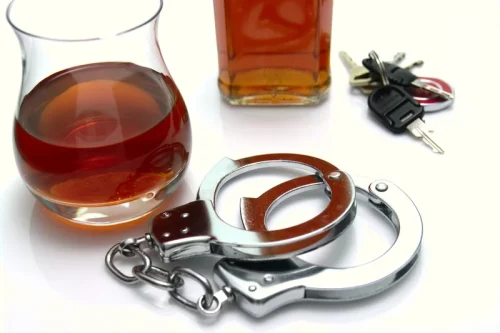
The affected person may not deny that they are drinking too much, but they may attempt to shift the blame onto another person or situation. For some, blaming others protects them from taking responsibility themselves. Denial, blame and dishonesty may anger loved ones, but it is important to understand that these actions are a product of the disease rather than a true representation of the person’s character. Start by talking honestly and openly with the friend or family member who’s drinking too much. But always remember that you can’t force someone to give up alcohol. I don’t drink every day OR I only drink wine or beer, so I can’t be an alcoholic.
Step 4: Approach and listen with honesty and compassion
- Keep communication open without judgment, and listen to their experiences and concerns.
- You often drink more alcohol than you wanted to, for longer than you intended, or despite telling yourself you wouldn’t.
- If your loved one is truly dependent on alcohol, they are going to drink no matter what you do or say.
- I have even witnessed many alcoholics steadfastly defending their “right” to live as they please, including to drink as they wish.
This can make it more difficult to perceive problems and understand exactly what is going on. Alcohol is one of the most addictive legal substances available, and alcohol addiction is commonly known as alcohol use disorder (AUD), alcohol addiction or alcoholism. Deciding to seek help for alcohol addiction can be extremely difficult, but it can be even more challenging if the affected person is displaying denial as a symptom of alcoholism. Completing alcohol rehab is a proven method for overcoming alcoholism.
- If you have a loved one who is struggling with addiction, you may feel overwhelmed and uncertain about how to help them, especially if they are in denial about their unhealthy substance use.
- Your friend or loved one may also vow to cut back on their own.
- If you think someone you know is in denial about their drug or alcohol use, try to be understanding and supportive.
- This way, it will be much more difficult to deny that there is a problem.
- Continuing to drink even though your alcohol use is causing problems in your relationships.
- False agreements give the appearance that they are willing to address the issue and seek help.
Addiction Denial: Symptoms, Behaviors & How To Help
Denial is an important defense and part of good mental health when it gives us time to adjust to distressing situations. Soldiers in Ukraine today need to deny the realities surrounding them in order not to be overwhelmed and to continue protecting their country and families. Many of us have had the experience, following a loved one’s death, of knowing they are gone but not fully believing it. Amy Winehouse knew she was seriously alcoholic but did not fully believe it was killing her. In the end, there is nothing strange about alcoholics’ denial, except for its exaggeration and application to a risk others see as alcoholism and denial obvious.
- Family members may unintentionally support the individual’s denial by minimizing the issue, making excuses, and even covering up the consequences of their loved one’s alcohol abuse.
- Without support, it’s easy to fall back into old patterns when the road gets tough.
- More resources for a variety of healthcare professionals can be found in the Additional Links for Patient Care.
Symptoms

It can be difficult to help someone with AUD who is in denial about their drinking, but there are ways you can start the conversation. It’s important to stay calm, supportive, and non-judgmental throughout any conversation and to remember that acknowledging AUD can be overwhelming and frightening. There may be many reasons why someone is hesitant to seek help — from lack of awareness to stigma and shame. Out of love and concern, family and friends may often unintentionally enable or make excuses for their loved one’s drinking behavior. Recent studies suggest that the same areas of the brain affected by addiction may https://ecosoberhouse.com/article/women-and-alcoholism-how-to-recognize-an-addiction/ be responsible for self-awareness.
- Support groups, such as Alcoholics Anonymous, can play a vital role in maintaining long-term sobriety.
- Do you have to drink a lot more than you used to in order to get buzzed or to feel relaxed?
- Helping an alcoholic in denial involves encouraging them to recognize their problem, providing support, and guiding them toward professional help.
- Often, family members and close friends feel obligated to cover for the person with the drinking problem.
- People who overuse alcohol and drugs tend to have a hard time dealing with their emotions.
It is not simply a matter of the affected person saying, ‘I don’t have a problem.’ They may deny their addiction in several ways, the most common of which are detailed below. Denial can be difficult to navigate, as it can prevent them from seeking treatment for their addiction. You may be surprised at how easy it is to become at risk of developing an alcohol addiction. Discovering your child is drinking can generate fear, confusion, and anger in parents. It’s important to remain calm when confronting your teen, and only do so when everyone is sober. Explain your concerns and make it clear that your concern comes from a place of love.

